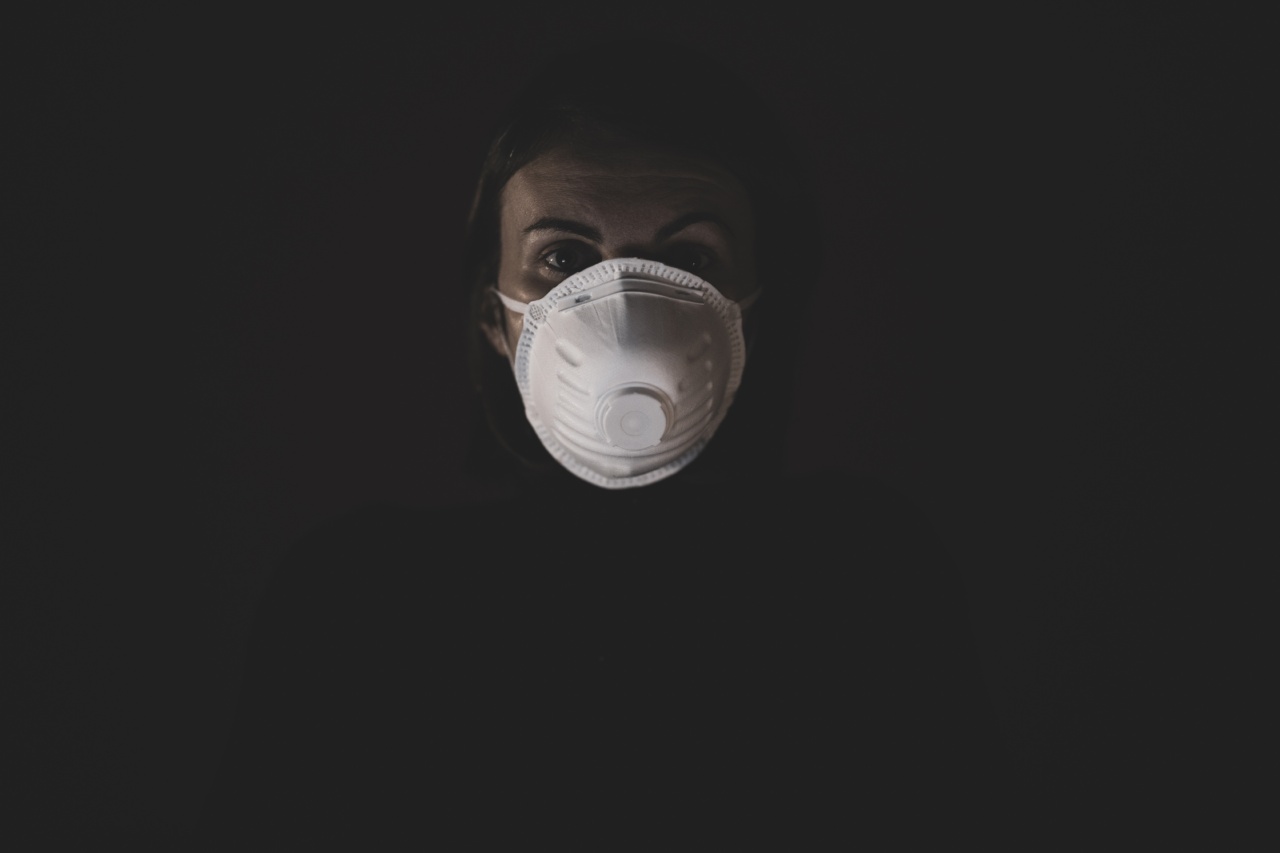Music is an art form that has always been associated with a certain degree of risk-taking and an unconventional lifestyle.
But did you know that the life of a musician can be quite dangerous, and the profession can lead to a host of physical and mental illnesses? Here are some of the most common health problems that musicians face:.
Hearing Loss
One of the biggest health risks for musicians is hearing loss. Exposure to loud music over a prolonged period can lead to permanent hearing damage, and this is something that many musicians have to deal with.
It’s not just rock bands that are at risk – classical musicians who play in orchestras or perform in opera can also suffer from hearing loss due to exposure to loud music. The use of in-ear monitors and hearing protection is a must for musicians to protect their hearing.
Tinnitus
Tinnitus is another common problem that affects many musicians. Tinnitus is a condition where you hear ringing or buzzing noises in your ears, even when there is no external noise present.
It’s caused by damage to the hair cells in the inner ear, and it can be brought on by exposure to loud music. Musicians who suffer from tinnitus often find it difficult to concentrate or sleep, and it can have a negative impact on their mental health as well as their career.
Repetitive Strain Injury
Playing an instrument or singing for hours on end can put a lot of strain on your body, and this can lead to repetitive strain injuries such as tendonitis and carpal tunnel syndrome.
These conditions can be very painful and can prevent musicians from playing for extended periods of time. Proper warm-up exercises, stretching, and taking adequate breaks can help to prevent these injuries.
Mental Health Issues
The life of a musician can be very stressful and can lead to a host of mental health issues. Depression and anxiety are common problems, as are drug and alcohol abuse.
Musicians are often under a lot of pressure to be successful and to constantly produce new material, and this can take a toll on their mental health. Many musicians also suffer from stage fright or performance anxiety, which can make it difficult for them to perform in front of large crowds.
Sleep Disorders
Being a musician often means working late nights and irregular hours, and this can disrupt your sleep patterns. Sleep disorders such as insomnia are common among musicians, and this can have a negative impact on their physical and mental health.
Lack of sleep can lead to fatigue, irritability, and difficulty concentrating.
Eating Disorders
The pressure to maintain a certain image and to look good on stage can lead some musicians to develop eating disorders such as anorexia or bulimia. These conditions can be very dangerous and can have serious long-term health consequences.
Proper nutrition and a healthy lifestyle are important for musicians to maintain their physical and mental health.
Allergies
Many musicians suffer from allergies, which can be a real problem for those who play wind or brass instruments.
Allergies to dust, pollen, or other environmental factors can cause inflammation in the nasal passages and can affect a musician’s ability to play their instrument.
Vocal Problems
For singers, vocal problems can be a real concern. Straining or overusing the vocal cords can lead to conditions such as nodules, polyps, or laryngitis. These conditions can be very painful and can prevent a singer from performing.
Proper vocal warm-up exercises and vocal rest are important for singers to maintain their vocal health.
Skin Problems
Finally, musicians are also at risk of developing skin problems. Playing an instrument for extended periods of time can cause blisters or calluses on the hands, while exposure to bright stage lights can lead to sunburn or other skin conditions.
Musicians should take care to protect their skin from these hazards.
Conclusion
Being a musician can be a challenging and rewarding career, but it’s important to be aware of the potential health risks that come with the territory.
From hearing loss to mental health issues, musicians face a range of physical and mental health challenges. Taking care of your health and seeking professional help when necessary can help you to continue pursuing your passion for music in a safe and sustainable way.































